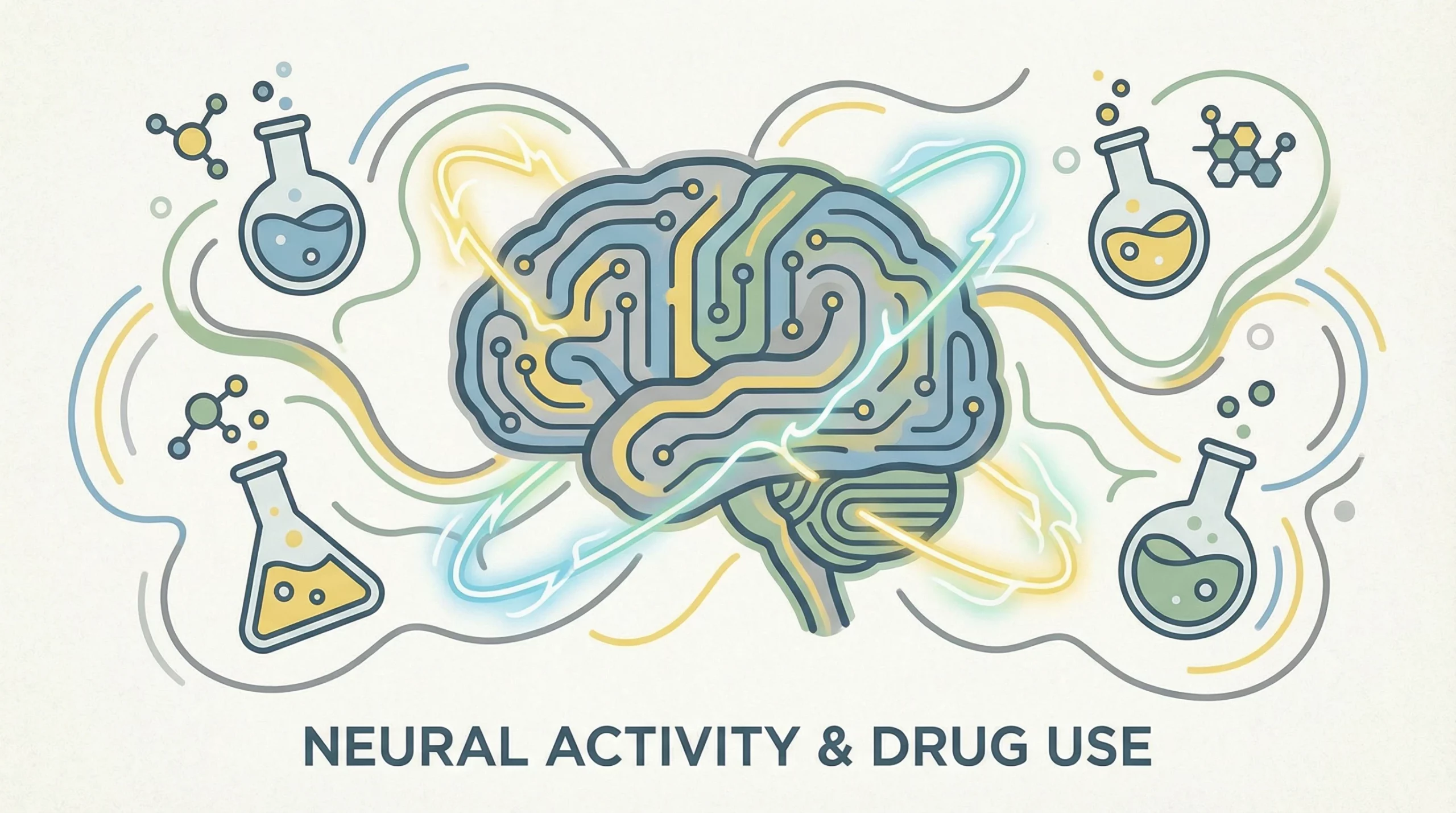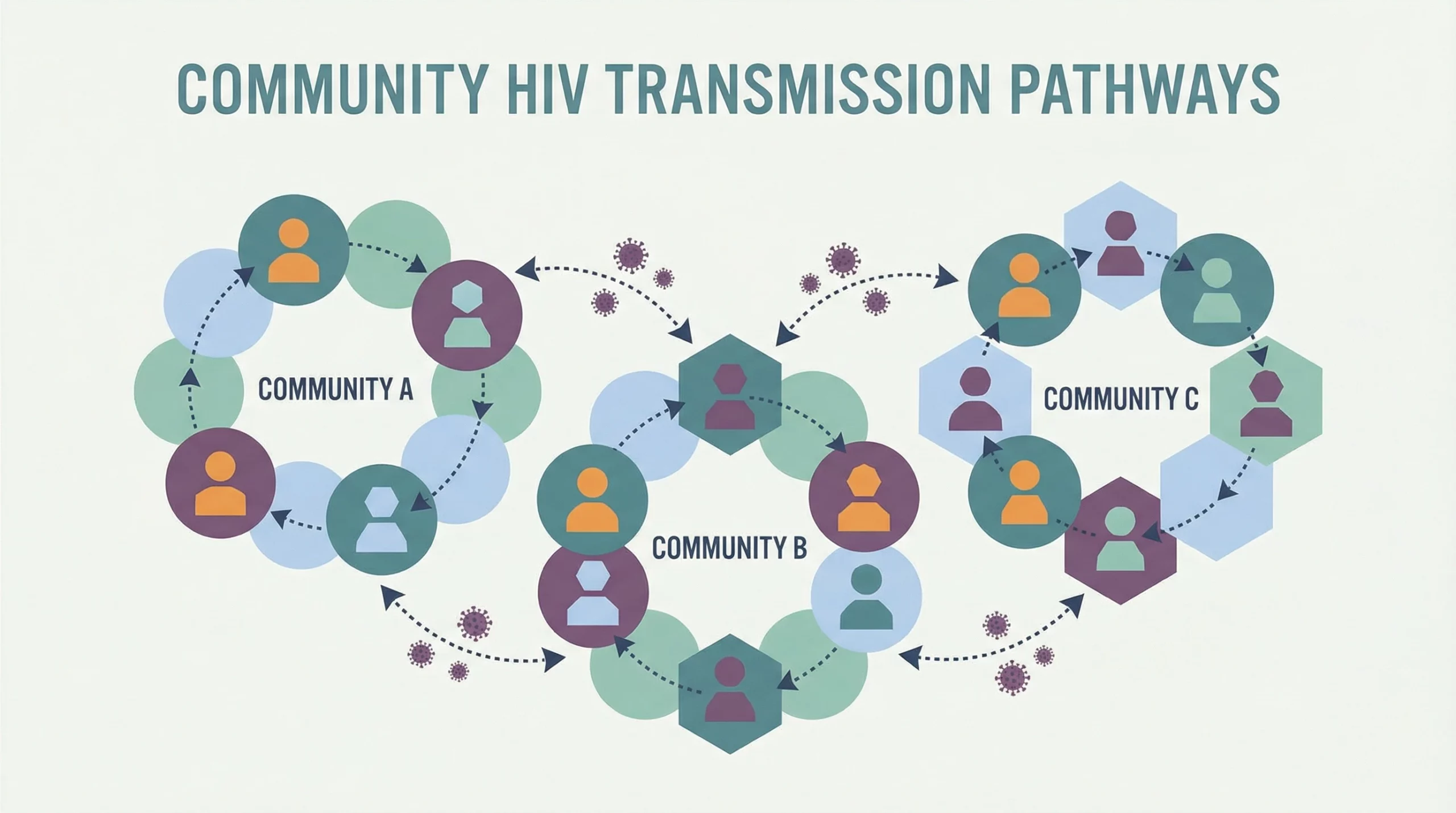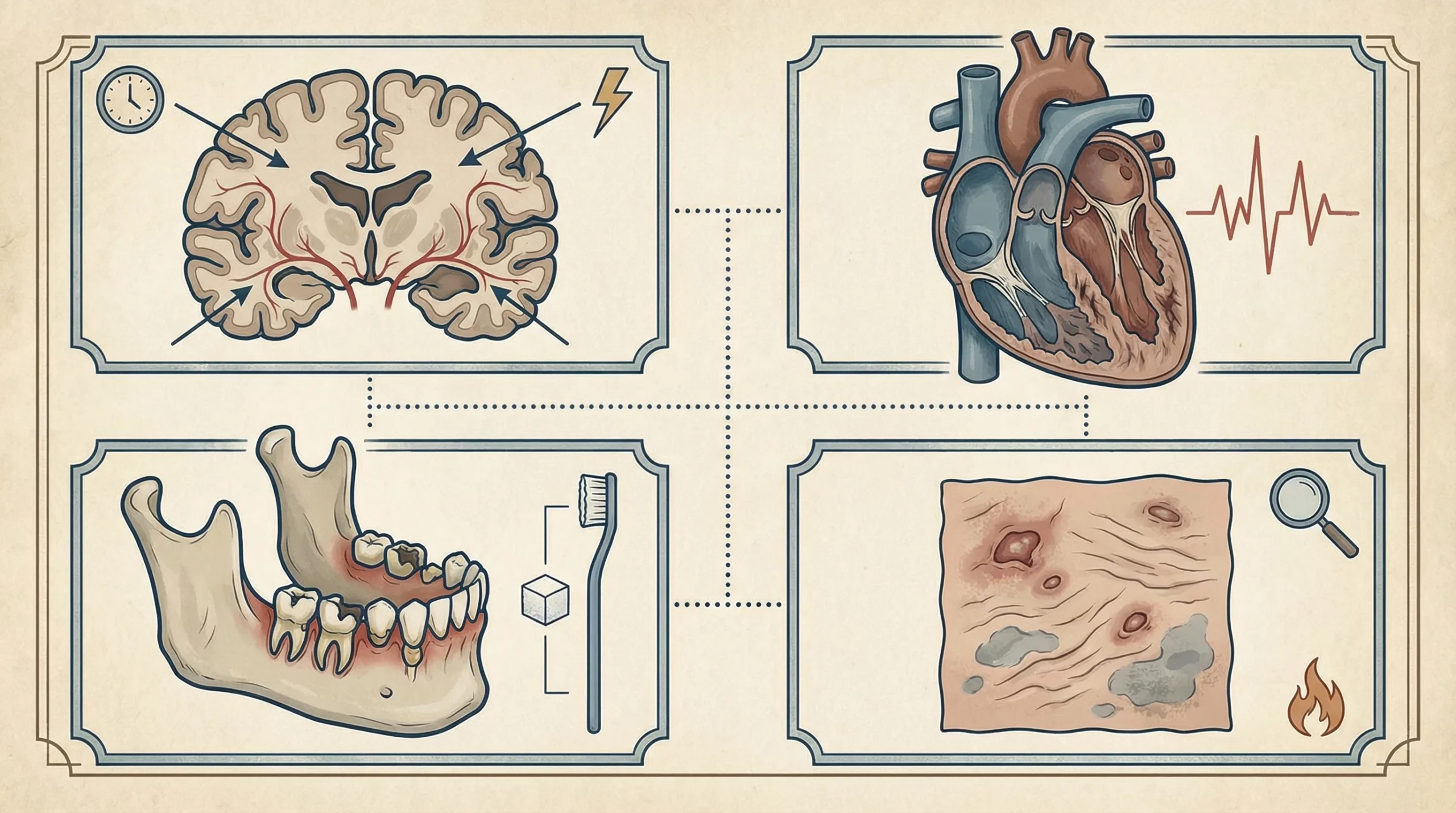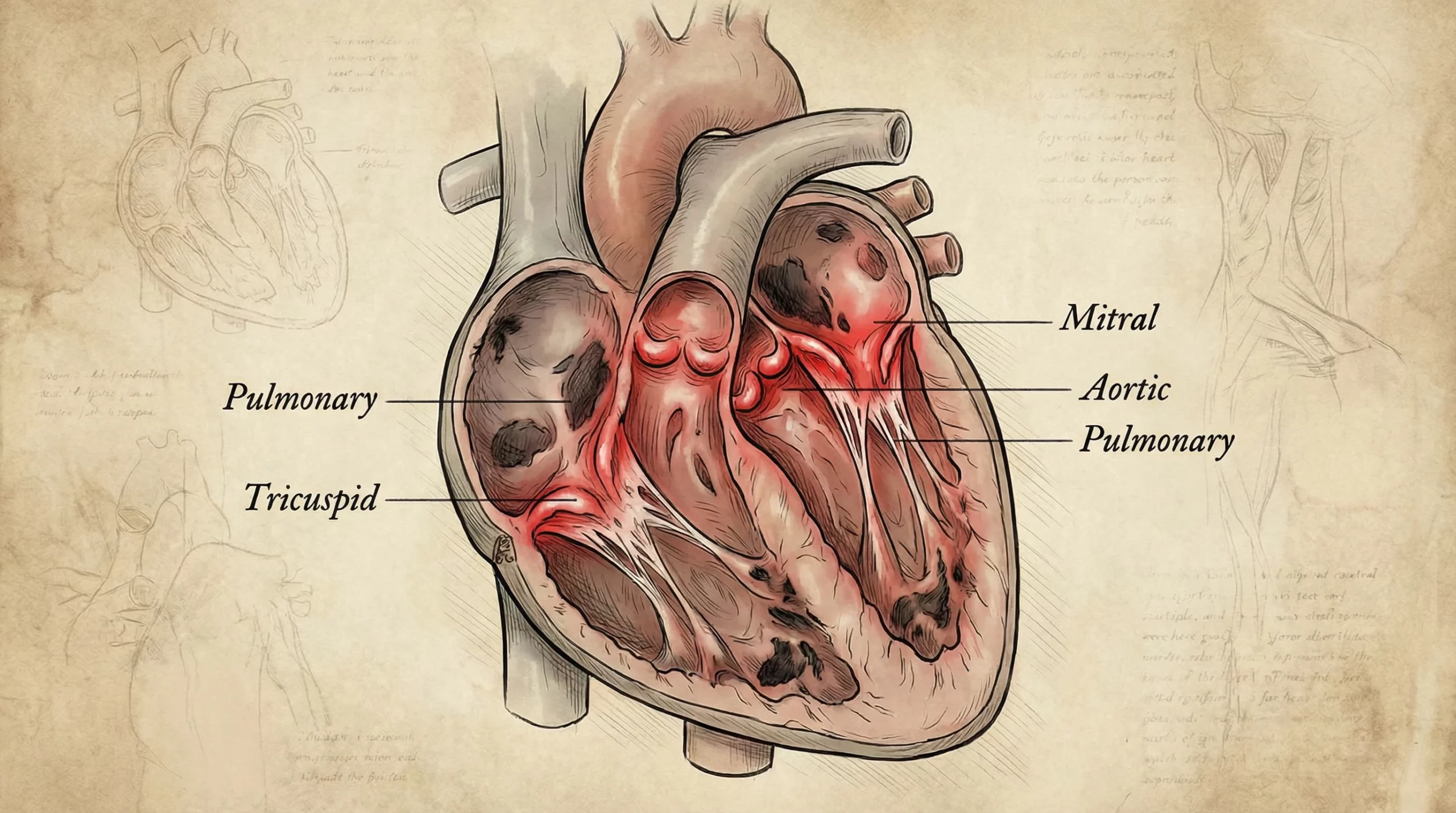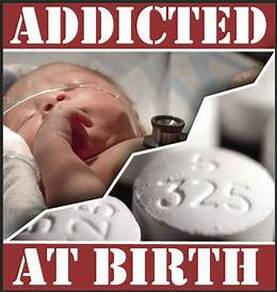Cocaine’s Effects on the Body
Cocaine is a powerful stimulant that can have pretty profound effects on both your body and mind. This drug, which is most often found as a white powder, can be snorted, smoked, or injected. It gives a rapid, intense high but brings some significant health risks, mainly if used regularly or in large amounts. Understanding … Read more

